
I had a chance to preach this past Sunday at Trinity Parish Episcopal Church in Seattle, Washington. The invitation to preach this sermon came to me after DBCC's April 17 congregational vote to stop signing marriage licenses as show of good faith to our LGBTQ members. The folks at Trinity Parish couldn't have been kinder.
You can read the full text of the sermon below. The audio file is at the very bottom of the post. You can subscribe to our podcast and catch all of the sermons at DBCC and special events like the Matthew Shepard Sermon.
We gather here today, of course, to offer up our worship to God. As the sursum cordareminds us, "It is meet and right so to do." In the process, we also seek to commemorate the life of a gay man who was left to die alone. Thirteen years ago, 2 men took Matthew Shepard from a bar in an automobile, robbed him, pistol-whipped him, tortured him, and tied him to a fence to die alone in the night. He didn't die on the fence, because a passerby the next morning saw him. He died 5 days later in a hospital, on October 12, 1998--a victim of senseless violence against somebody on the margins.
That Matthew Shepard was gay apparently gave those two men all the motive they needed to inflict as much damage as venal little minds could concoct.
In the years since, Matthew Shepard has become a symbol of all that hatred can do when unleashed on the world. 
It makes me wonder how you get to that point? How do you turn your fear of that which is different into something so potent that when it breaks over the levies, everything in its way gets swallowed up in in death?
Fear of what's different? That doesn't sound altogether right. Of course, fear of what's different is a part of it. But that seems too easy, frankly. Fear of what's different is the standard answer in cases like these.
But why do we fear what's different? I think it has something to do with the fear that we're insignificant, with our insecurities about the potential meaninglessness of our lives. Our confidence in our own agency is so tenuous that whatever stands over against how we view the world is a threat. We know enough native logic that A cannot simultaneously be non A. That is to say, we know, for instance, that "World Series Champion" cannot be used as an antecedent qualifier for "Chicago Cubs." The universe just isn't structured to allow a thing to be itself and its opposite at the same time. We know this.
For two men in Wyoming thirteen years ago, the prospect of homosexuality coexisting in a world with "natural" sexual affinities was logically impossible. Matthew Shepard's existence itself threatened a whole way of construing the world.
If your world is threatened, if your equilibrium is disrupted, you've got to figure out what you're going to do to restore stasis. If violence is all you know, violence is what you bring to the existential party.
Insecurity. Fear. Meaninglessness. They stand as roadblocks to an otherwise satisfying existence.
It happens.
A few years after Matthew Shepard died, on a gray day in November 2000, when the sky looked like lead and the leaves had all vanished, I went to Creech Funeral Home in Middlesboro, Kentucky, down in Appalachia where I lived, to perform a funeral for Bryan Landon. I didn’t know Bryan; he’d spent most of his adult life up in Louisville—where he’d finally succumbed to the ravages of AIDS. My friend Bill, the funeral director, had asked me the day before if I’d perform the funeral, since Bryan didn’t have a church home, and his family refused to provide assistance because they disapproved of his “lifestyle.” I said I’d be happy to do what I could. Bill said to me, “But I want you to know right off the bat that, because he was estranged from his family and his church, there might not be many folks there.” “Not a problem,” I said.
But as I walked into the funeral home on a cold November day, it occurred to me that I’d not absorbed the full implications of Bill’s warning . . . not many people had shown up. And by “not many” I mean, nobody had shown up. I waited in the funeral home chapel for five minutes or so after the funeral was supposed to have started—just Bryan Landon and me. Finally, Bill came into the back of the chapel with someone I didn’t know offhand. She sat in the back row. Bill made his way up front. And I said, “Oh good. Is that a member of his family?”
“No,” he said, “that’s the woman who cleans for us.”
I looked at him, puzzled. He said, “Well, buddy, in 25 years as a funeral director, I’ve never had a funeral where nobody showed up, and I figured somebody besides you and I ought to bear witness to this man’s passing.”
And so, on a gray November day in 2000, along with a funeral director and a cleaning woman, I buried Bryan Landon. He died of AIDS. Nobody who knew him came to witness that he’d ever even walked this earth. He had a family; he’d had friends along the way; he grew up in the Baptist church, singing Jesus Loves the Little Children—all the children of the world. But in the end, nobody came to claim him, to speak words over him, to call him a child of God. So, we three strangers wound up offering him up to God on the wings of weary and bedraggled prayers, clinging to all the hope we could muster in a gray place.
What continues to haunt me about that day, though, is that I still cannot find words to express the sadness, the outrage, the terribleness of it all. Where was the church for Bryan Landon?
Where's the church on this whole issue of our brothers and sisters created by God gay, lesbian, bi-sexual, transgendered? Who stands up for them? And what would it even look like to stand up? I think that's the question raised by Matthew Shepard's death, by Bryan Landon's death. What would it take for the church to make a difference in a world where people are killed, bullied, and abandoned for being who God created them to be? What would it take?
Jesus, in our Gospel for today, has been in a long conversation with the Chief Priest and the elders of the temple. The occasion that prompted this conversation was the first act that Jesus performed after entering Jerusalem on a donkey, way back at the beginning of chapter 21. Remember that? Jesus comes into Jerusalem, now a few days prior to his death, to the enthusiastic support of the people--who are convinced he's the Messiah . . . the long awaited political/military leader who will lead a revolution to oust the Roman occupation.
That little parade makes the hairs on the back of the necks of the political leadership stand up.
His first act after entering to a chorus of "Hosannas" was to go straight to the temple and start turning over the lemonade stands, telling the folks in charge that they've destroyed God's house of prayer, made it a den of robbers. Remember that?
What happens next, though, is the really telling part of the story. Jesus, it says in verse 14, after revealing the people entrusted with the caretaking of God's house as frauds, welcomes the blind and the lame to the temple, and he heals them.
Isn't that great? Jesus calls out the big shots, and right under their noses receives with open arms the people those big shots have assiduously attempted to exclude.
This little jaunt into the temple makes the hairs on the back of the necks of thereligious leadership stand up.
In fact, they're so annoyed with Jesus that they button-hole him the next day, and ask him by what authority he's doing all this stuff. Just who does he think he is?
So Jesus launches into a series of parables to tell the religious leaders who he thinks he is, and perhaps just as importantly, who he doesn't think they are.
Our parable, the parable of the wedding banquet is the third in this series, all keyed by, I would like to suggest, Jesus making a statement about who should be allowed into God's house--and what God thinks of the leaders who're supposed to be running things.
So, our parable for today, involves a king who's going to give a wedding banquet for his son. Each time the king sends out the wedding invitations, however, they're rudely declined. The king asks for the pleasure of his subjects' presence at a wonderful occasion, but they're preoccupied by tending to other things--things they're convinced are more important than whatever the king has in mind.
In an honor/shame based culture like that prevalent in the ancient Near East, this was the granddaddy of all social snubs. You don't turn down a king, then beat and kill the king's slaves.
This, of course, enrages the king--so he turns over every lemonade stand in the country. Then, what does the king do? He invites in everybody else who wasn't important enough to get an invitation the first time around--both the good and the bad. The king throws an enormous shindig for folks on the margins, welcoming all those people who're used to being left out of the important stuff, those who've been abused, pushed aside, excluded, those who've been bullied and abandoned to die alone.
For, you see, the kingdom of God does not exist where some are not welcome … where the lame and the blind, where the tax collectors and prostitutes, where the hungry and the poor stand on the outside looking in. The kingdom of God does not exist where people are barred entrance because of sexual orientation or identity, because of race or immigration status.
There doesn’t have to be a sign on the door that says, “You’re not welcome here.” People know.
Well, then, how do we tell people they're welcome?
People will finally know they're welcome–not because we advertise our solidarity (as important as that is)–but because we show them … we keep throwing open the doors and inviting people to come in. We keep working on behalf of those who’ve been turned away by the very people who are important enough to get invited to the party. We keep standing side by side with those left to die alone.
Ok. That's fine. Nice words. But what does it mean to do the things you're saying? What would it take for the church to accept the host's invitation to attend the party right alongside those who've been systematically told they're not welcome?
Peter Velander gives us a glimpse of what it might look like, what it I think it takes.
He writes: “I remember the day I learned to hate racism. I was five years old."
“The walk home from school was only about five blocks. I usually walked with some friends. On this day I walked alone. Happy, but in a hurry, I decided to take the shortcut through the alley. Without a care in the world I careened around the corner. Then I looked up—too late to change course. I had walked in on a back-alley beating.
“There were three big white kids. In retrospect they were probably no more than sixth graders, but they looked like giants from my kindergarten perspective. There was one black kid. He was standing against a garage, his hands behind his back. The three white kids were taking turns punching him. They laughed. He stood silently except for the involuntary groans that followed each blow.
“And now I was caught. One of the three grabbed me and stood me in front of their victim. “You take a turn,” he said. “Hit the ______!” (I’m not going to say it; you know what they said.) Velander said, “I stood paralyzed.”
“Hit him or you’re next!” the giant shouted at me. So I did. I feigned a punch. I can still feel the soft fuzz of that boy’s turquoise sweater as my knuckles gently touched his stomach. I don’t know how many punches there were. I don’t know how long he had to stand backed up against that garage. After my minute participation in the conspiracy they let me go and I ran. I ran home crying and sick to my stomach. I have never forgotten.
“Thirty-five years later that event still preaches a sermon to me every time I remember it. One can despise, decry, denounce, and deplore something without ever being willing to suffer, or even be inconvenienced, to bring about change. If there is one thing that Jesus taught us it was how to suffer with and for others.
“Jesus walked the way of the cross. He taught us the meaning of suffering as a servant. Perhaps my first chance to follow that example came in the ally by a garage thirty-five years ago.
“I don’t know if that black boy from the alley grew up, or where he lives, or what he does today. I never knew his name. I wish I did. I wish I could find him. I need to ask his forgiveness—not for the blow I delivered, for it was nothing, but for the blows I refused to stand by his side and receive. I think that’s what it takes.”
That's not easy. That's not get-up-and-go-to-church-on-Sunday-morning easy. It's hard. I know. Standing up for people this culture doesn't think are worth it is hard, painful work.
But, as Father Daniel Berrigan said, "If you want to follow Jesus, you'd better look good on wood."
You see, the truth of the matter is, as a people who claim to follow a savior who was strapped to his own rough cut piece of lumber and left to die alone, we can't stand idly by and watch the world do that to even one more person.
Matthew Shepard. Bryan Landon. Jesus.
It's time for the rest of the children of God to stand by the side of those forgotten, abused, bullied, and left to die alone . . . and take some blows.
I think that's what it takes.
-Amen.
Matthew Shepard Sermon


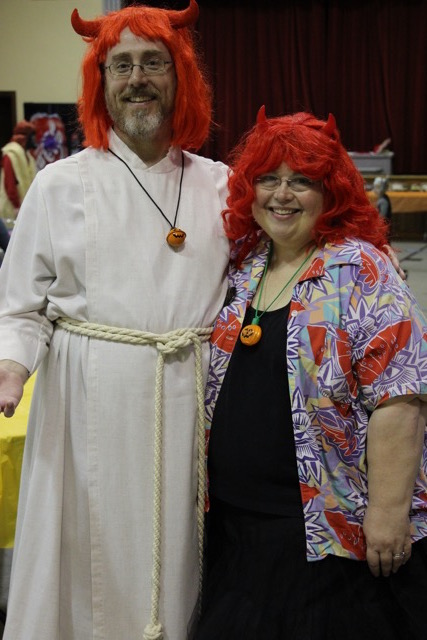

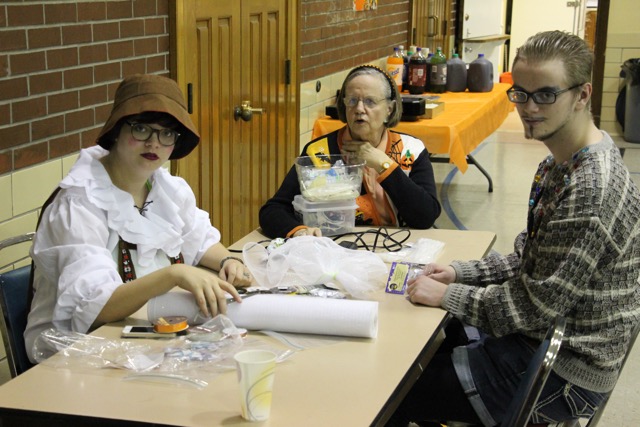
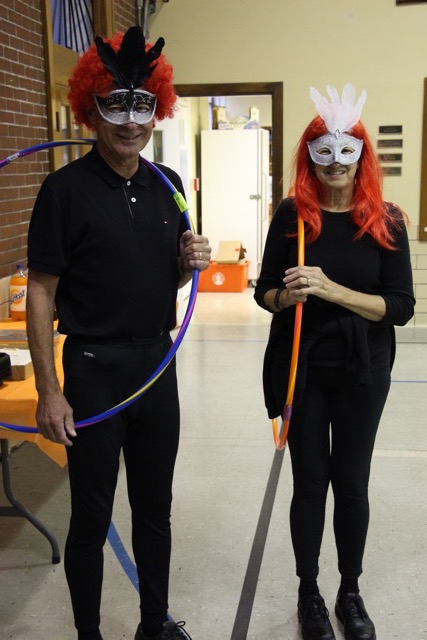
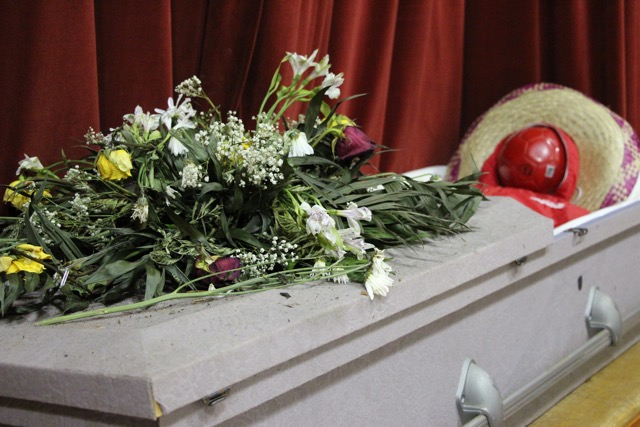
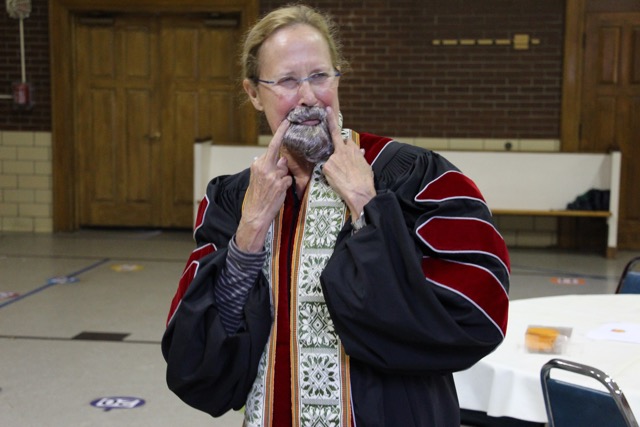
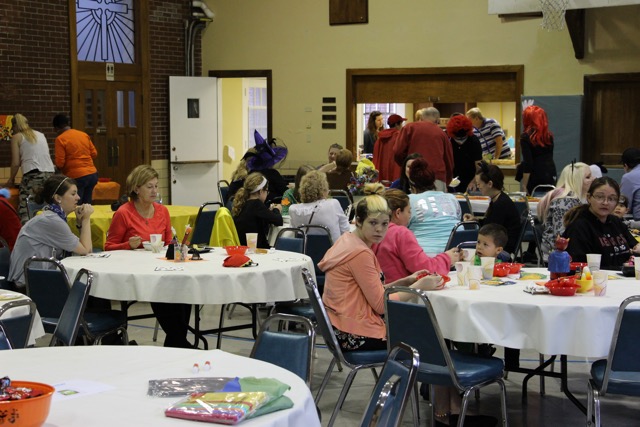
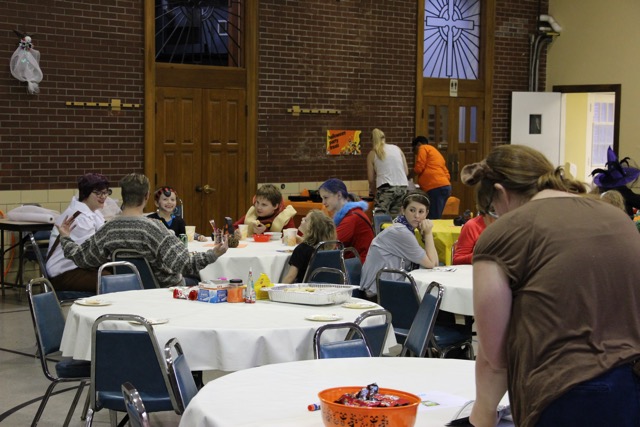
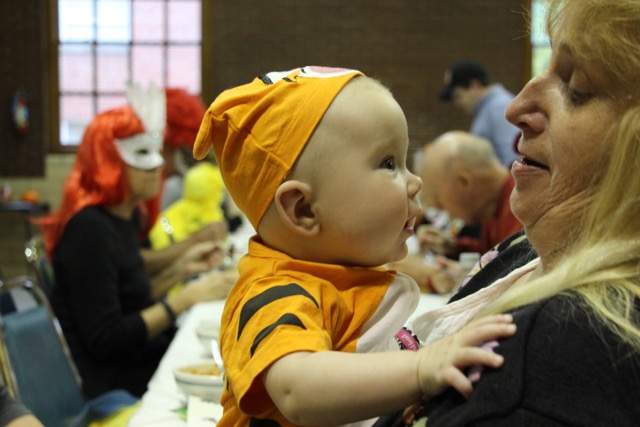
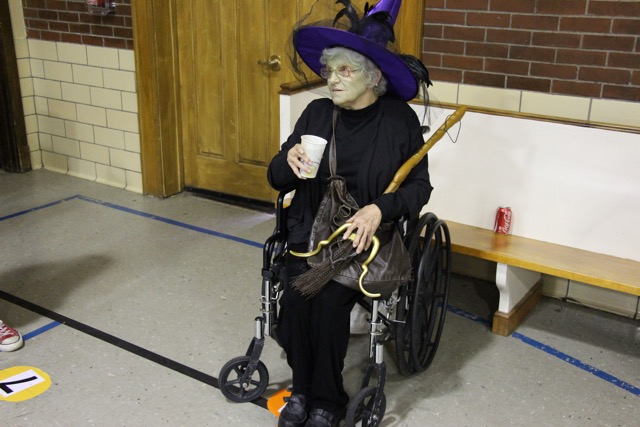
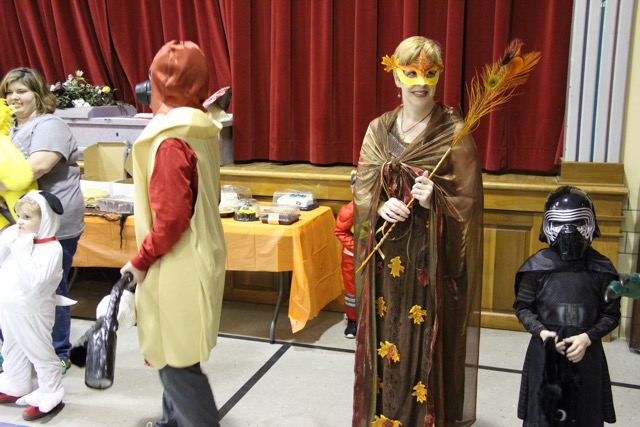
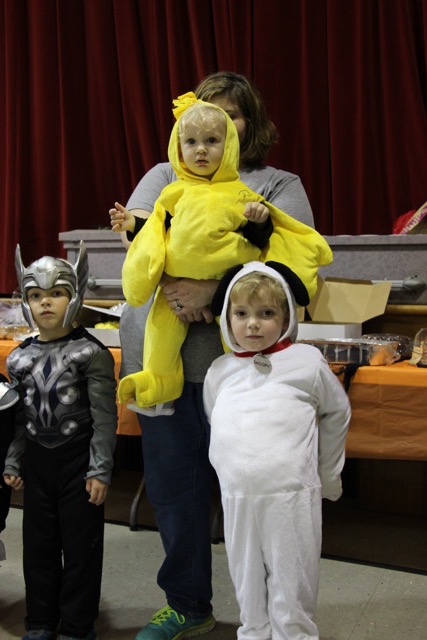
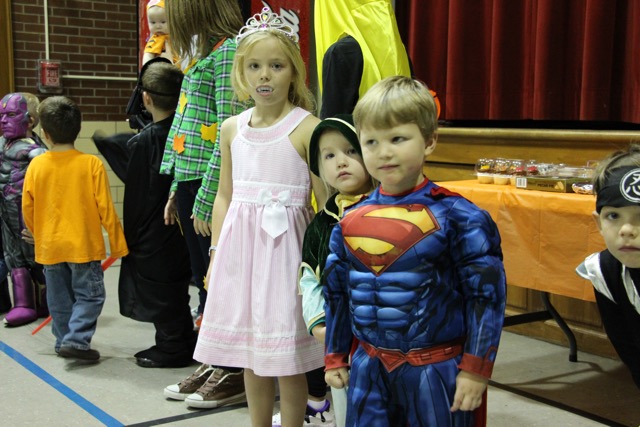
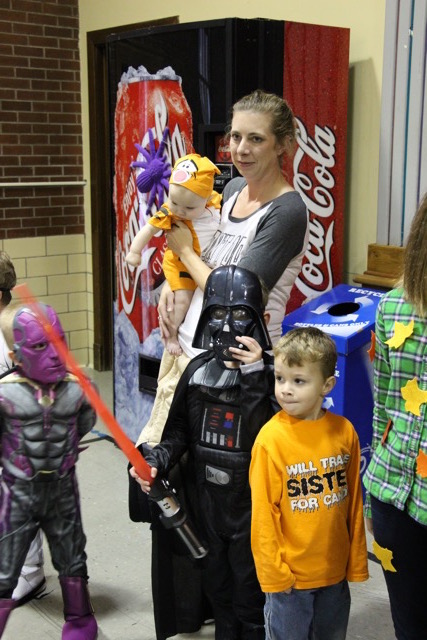
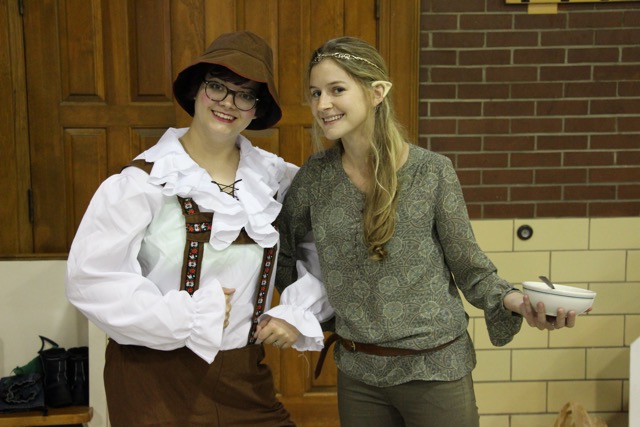
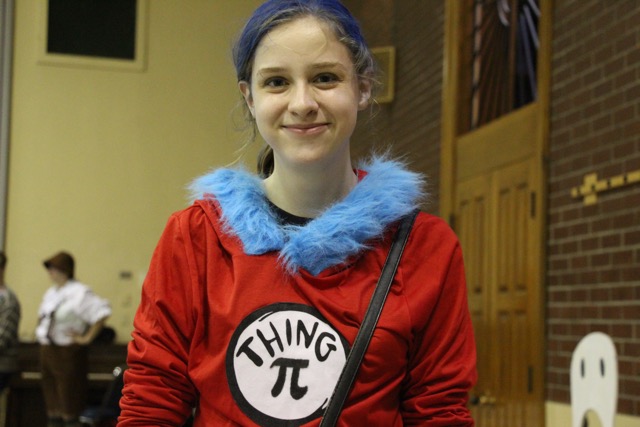
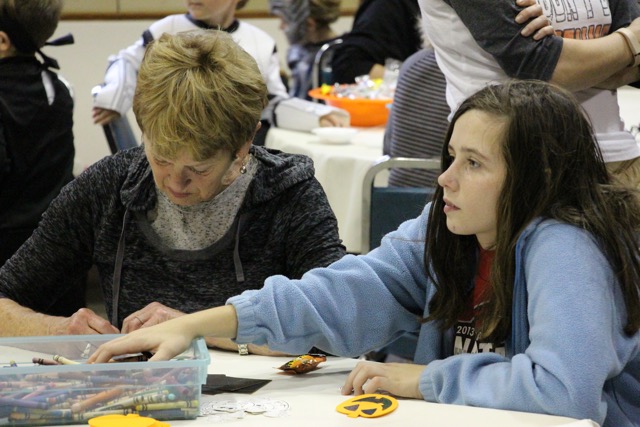
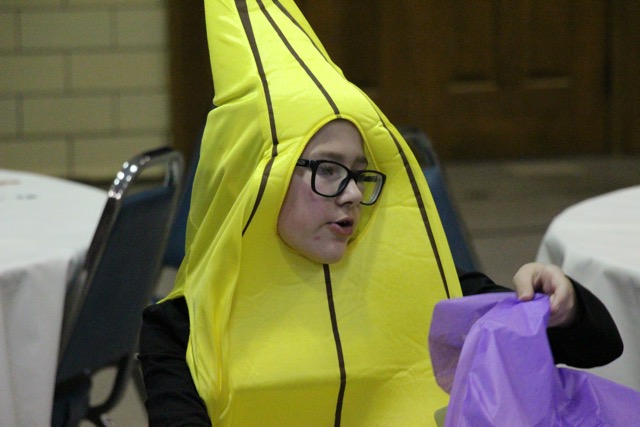
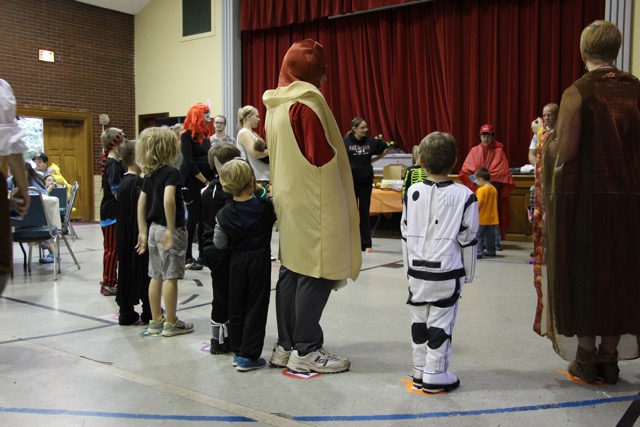
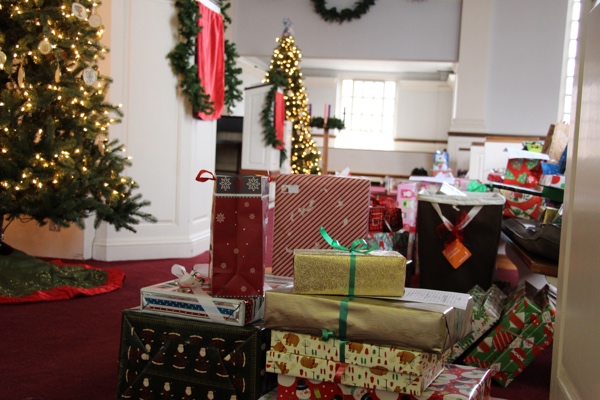
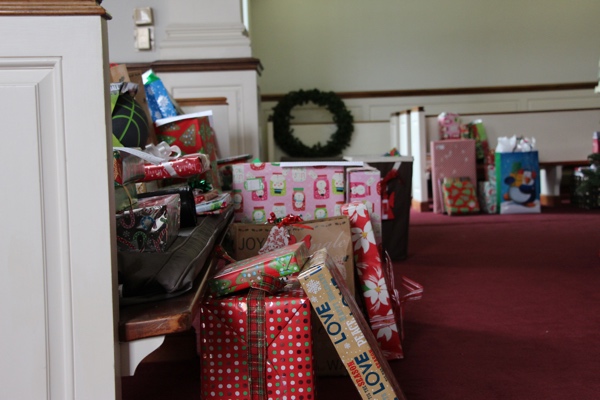
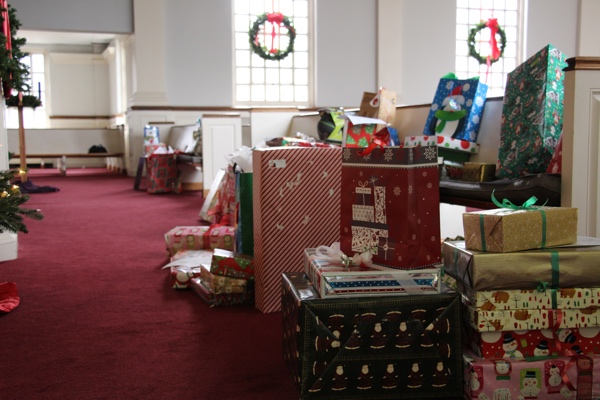















 Honesty, as the saying goes, is always the best policy. If we believe that, the question is: Do we practice it? Do we live our lives truthfully? Now, someone might object that telling the truth and living the truth are two different animals. That is to say, the question of telling the truth without living that truth begs the question about whether it is possible to be Charles Manson (i.e., a complete schmuck) and still speak something approximating the truth, inasmuch as it is argued that the truth is not contingent on anything outside itself to be true. In other words, one account of the truth maintains that there is something that exists independently, objectively “out there” that is called the “Truth.” What one needs to do when there exists competing truth claims, goes the thinking, is to appeal to the “objective standard” of “Truth.”
Honesty, as the saying goes, is always the best policy. If we believe that, the question is: Do we practice it? Do we live our lives truthfully? Now, someone might object that telling the truth and living the truth are two different animals. That is to say, the question of telling the truth without living that truth begs the question about whether it is possible to be Charles Manson (i.e., a complete schmuck) and still speak something approximating the truth, inasmuch as it is argued that the truth is not contingent on anything outside itself to be true. In other words, one account of the truth maintains that there is something that exists independently, objectively “out there” that is called the “Truth.” What one needs to do when there exists competing truth claims, goes the thinking, is to appeal to the “objective standard” of “Truth.”

